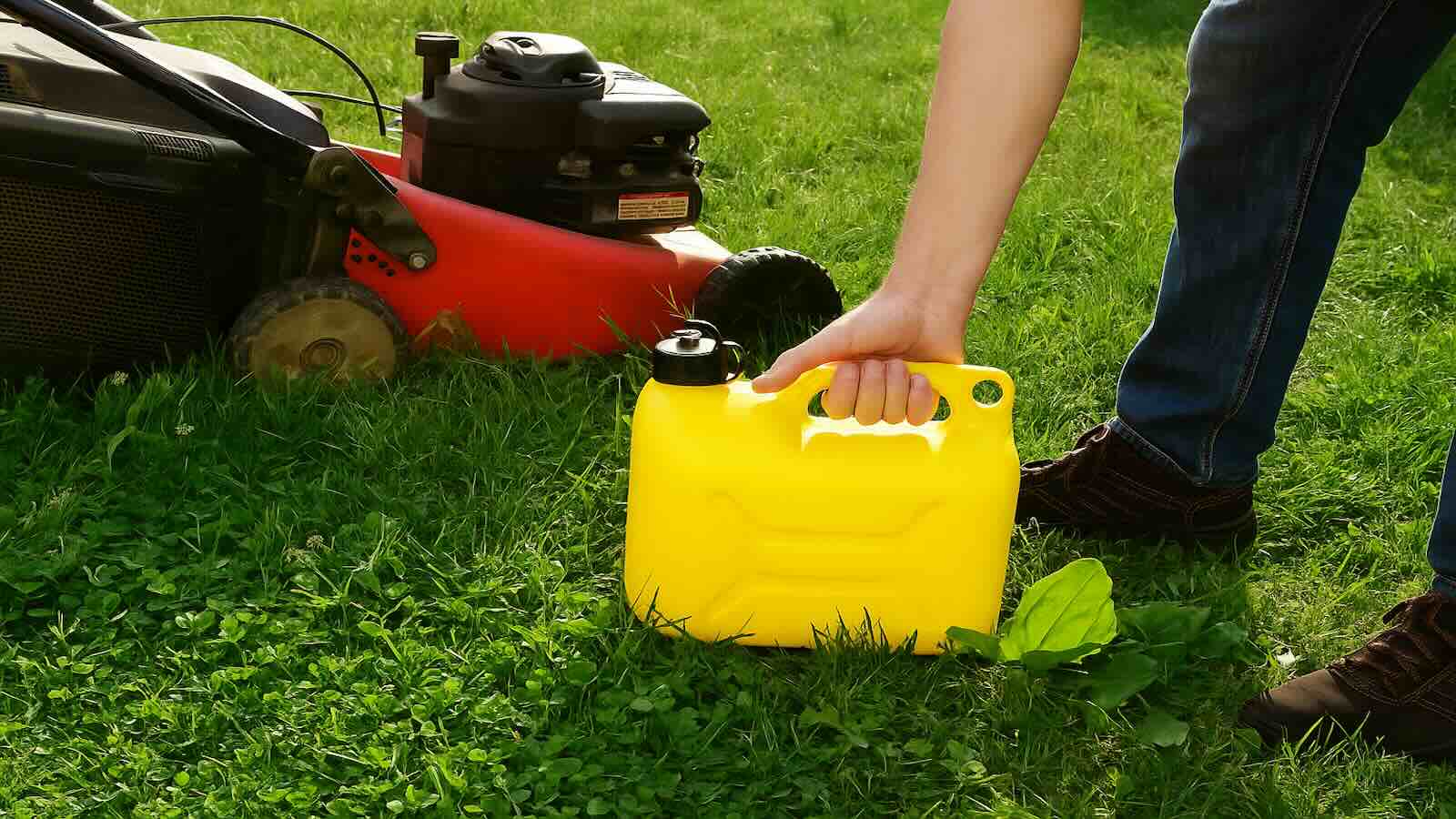Should You Use Premium Gas in a Lawn Mower?
Premium gasoline, with an octane rating between 91 and 94, is designed to improve the performance of high-compression engines, typically found in some cars. Naturally, many wonder if using this more expensive fuel in smaller engines like those in lawn mowers might offer similar benefits. The short answer? In most cases, no.
Lawn mower engines are specifically designed to run on regular gasoline, which typically has an octane rating of 87. Using premium gas won’t provide any performance boost or efficiency gain because lawn mower engines aren’t tuned to take advantage of higher octane. Premium fuel doesn’t contain more energy than regular fuel—it simply burns differently to prevent premature combustion in engines that require it.
Unless your mower’s manufacturer explicitly recommends premium gasoline (which is extremely rare), there’s no need to pay more. Depending on where you live, premium gas can cost 5% to 20% more per gallon than regular gas, which means you’d just be spending extra money with no added benefit.
Can the Fuel You Use Actually Harm Your Lawn Mower?
While premium gas won’t help, other fuel-related choices can hurt your lawn mower’s performance over time. One common issue is the use of old or stale gasoline. Gasoline can degrade within 30 days, potentially clogging the fuel filter or damaging engine valves. That’s why it’s recommended to empty the fuel tank before storing your lawn mower for the winter—either by running the engine until it stops or pouring the gas into an approved container.
You should also be careful with ethanol-blended gasoline. Ethanol can absorb moisture from the air, leading to engine corrosion and potential damage to the fuel system. While most manufacturers approve fuel with up to 10% ethanol (E10), anything above that—like E15 or E85—is usually not recommended.
If you’re uncertain, always refer to your mower’s manual for fuel compatibility, especially regarding ethanol content. Alternatively, to avoid fuel issues entirely, consider switching to a battery-powered lawn mower, which eliminates fuel concerns and offers a more eco-friendly solution.
